Inspiration in the Everyday
What's life like on the Apex?
We spoke to an Olympian, an Everest climber and a creative business owner, to find out what it's like to live on the edge.
我們接受:
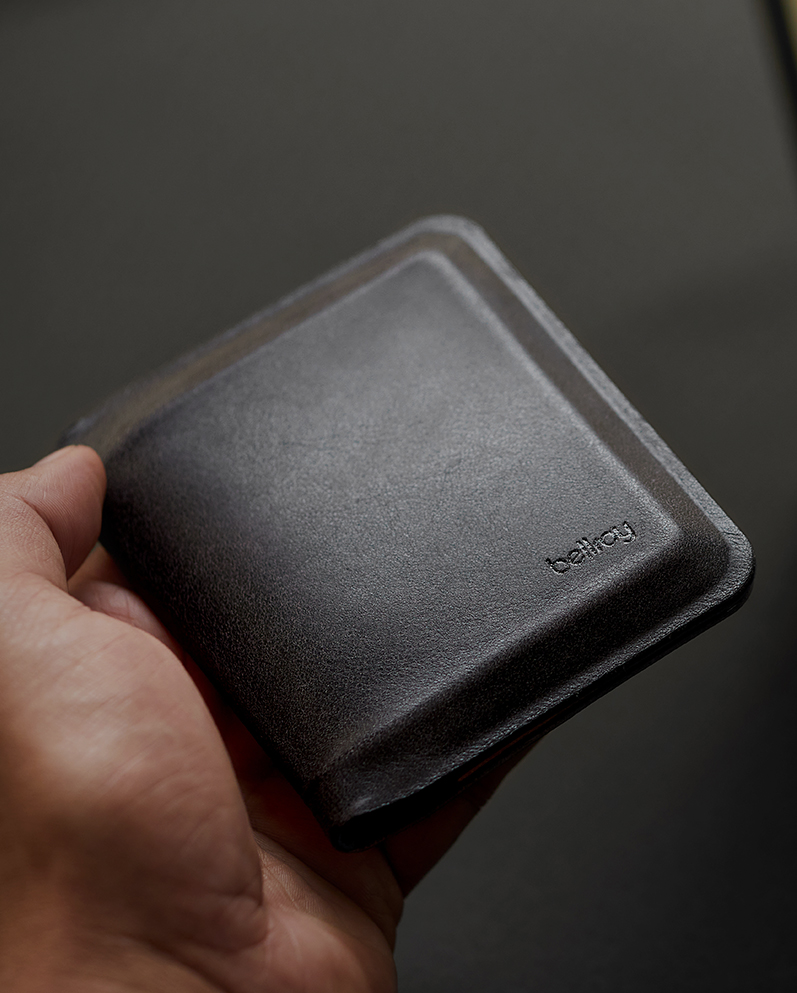
It took two years, many samples, new tools and who-knows-how-many meetings with our makers to get here. We are calling it: the Apex Note Sleeve is the most challenging wallet we’ve ever made.
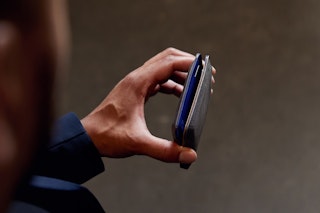
The Apex Note Sleeve started – in our brains – as a ‘simple’ update to our already proven, and very popular, Apex Slim Sleeve. We’d already resolved a number of challenges in the development of our first pre-molded, heat-bonded stitchless wallet, so we figured stepping up to a Note Sleeve should be a fairly straight-forward adaptation. Well. Let’s just say we were quickly humbled. And we learned a HEAP in the process that followed. The result is an Apex wallet that breaks even more ground than the first one did. It’s still stitchless. It’s still pre-molded. It still snaps shut with a crisp magnetic closure. But it now holds flat bills and more cards – and the benefits of iteration and collaboration between designer and maker. Let’s take a look at what happened along the way.
The Apex Slim Sleeve was the first stitchless wallet we had seen that was fully functional for daily use. (It was the first our expert wallet makers had seen too – let alone made.) So we thought we had already broken all the ground we needed to. Wrong. The pattern for the Note Sleeve is far more complex. There are more pockets, angles and folds. We needed extra height in the molding to fit more cards. And the finished product needed to look, fold and feel seamless and tight.
“We were attempting to add flexibility and capacity, without sacrificing the precision of Apex,” says our Head of Product Development, Arya. “There are so many more pieces than the eye can see, and we had to figure out how to bond them all together without any stitching.”
“In the normal process, you can manipulate the leather easier by stretching it, hammering it and so on,” says lead designer, Rowan. “But those processes aren’t available when it’s machine crafted – it’s a less forgiving process, for sure.”

Not only that, but we had to allow time and space for our makers in India (the best leather workers in the world) to find their way with new machines and new techniques. They’ve made countless Bellroy wallets in their 12 years with us. But never like this.
To create the kind of neatly folding, stitch-free lining that holds your dollar bills in place requires a whole lot of origami magic working hard in the background. With layer upon layer of elements in play, this ‘minimal’ design became extremely intricate. So we brought our design and production teams closer together – Melbourne to India, during the pandemic. We’re so lucky that our makers are on our side. As we systematically worked through every element, panel by panel, piece by piece, together we began solving the riddle in front of us.
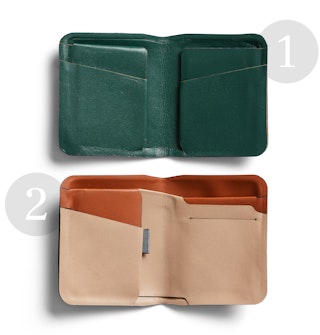
We started with a symmetrical pattern that would make construction simpler. But, soon realized that the success of the original Note Sleeve was in part due to the asymmetric patterning that allowed for a unique kind of storage. So we pivoted the design, and went back to square one in the construction process. This was November, 2021.
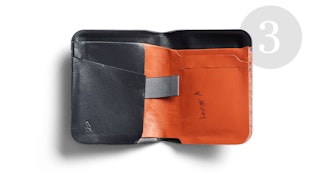
By the new year, we had developed the right tooling and were working with our makers in India to produce full samples. The first sample we received in this part of the process held fewer cards and bills than we were aiming for. By the time we resolved this, the time to make a single Apex Note Sleeve in our factory was a full day. And we already know that your demand for this product was going to render that unacceptable.
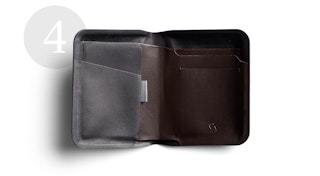
By the middle of the year, we had developed new tools and found alternative construction techniques that provided greater consistency in production. But we were noticing imperfections and small creases in the pockets that weren’t going to fly on an Apex.
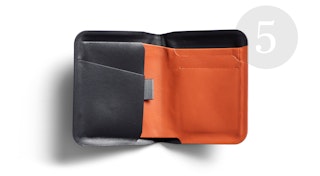
Three months later, we had found new ways to reinforce pockets, keep the layers thin and straighten out the creases (figuratively and literally). We were close. And then monsoon season hit Delhi, and the humidity started to reveal changes in the behaviour of our leather during construction and in transit. Big sigh.
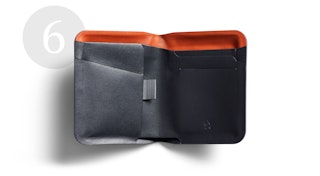
It’s now September 2022. Our last round of updates included changes to the way we combined leather colors, to safeguard the product against color transfer in the humidity. We continued testing until we felt confident that we were good to go.
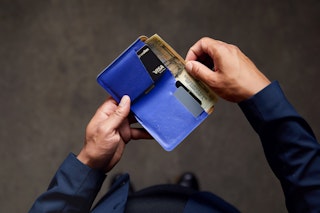
And here we are. The Apex Note Sleeve that is ready for you has had quite the journey. We take our product development process seriously, and with Apex in particular we are simultaneously pushing into new territory and testing, testing, testing until we feel like we have exposed, and solved, all of the issues that might have jeopardized our innovation. We hope you agree that the end result is worth the wait – and is built to last for many years in your hand and pocket.
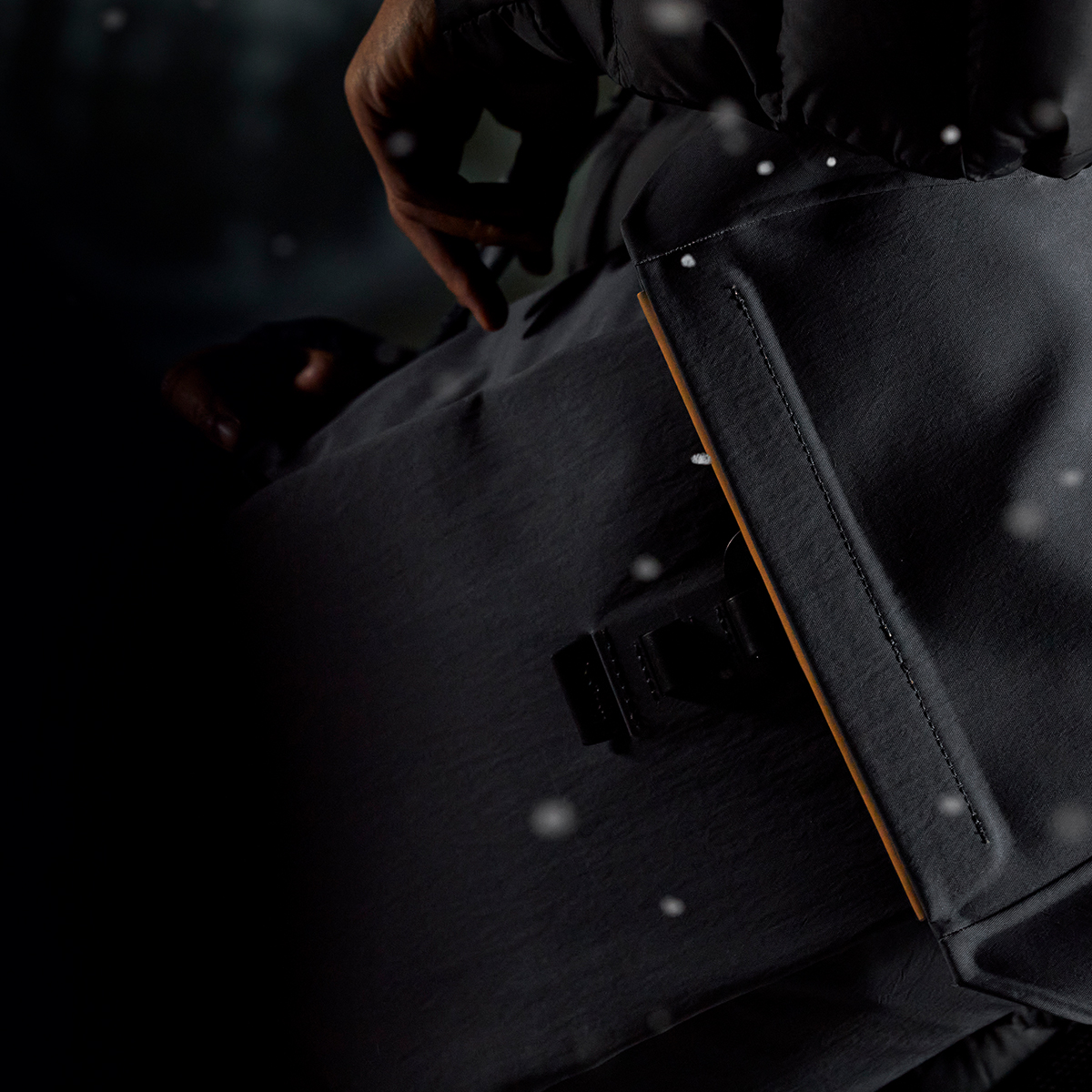
We spoke to an Olympian, an Everest climber and a creative business owner, to find out what it's like to live on the edge.
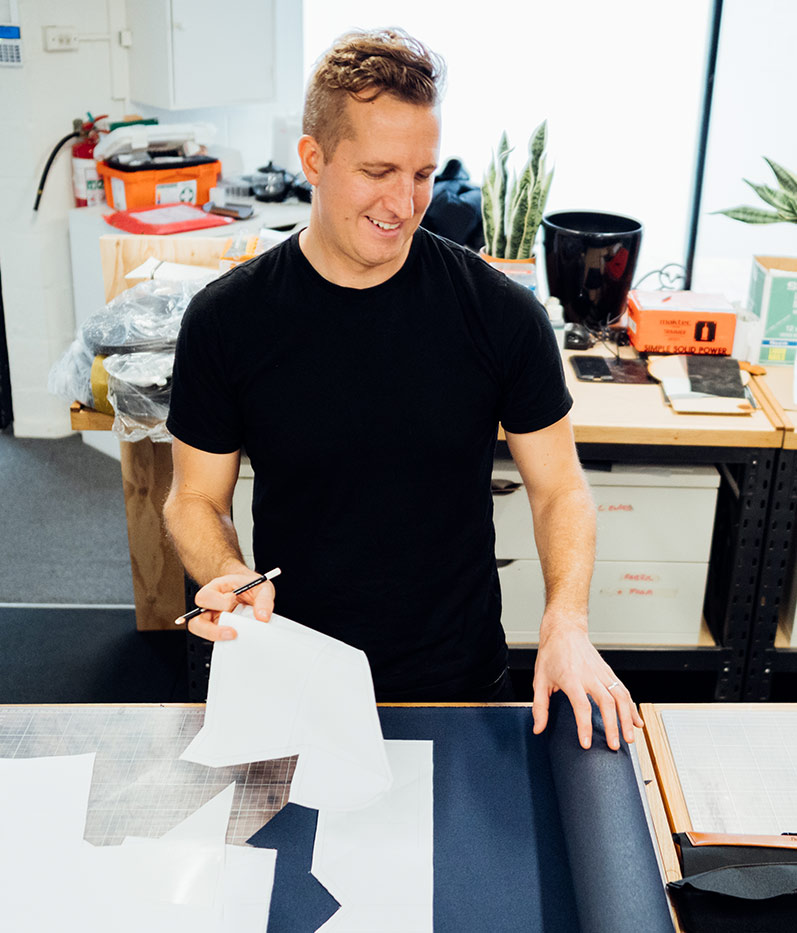
Our design thinking goes way beyond the product you hold in your hands. Here, our design team explains how.
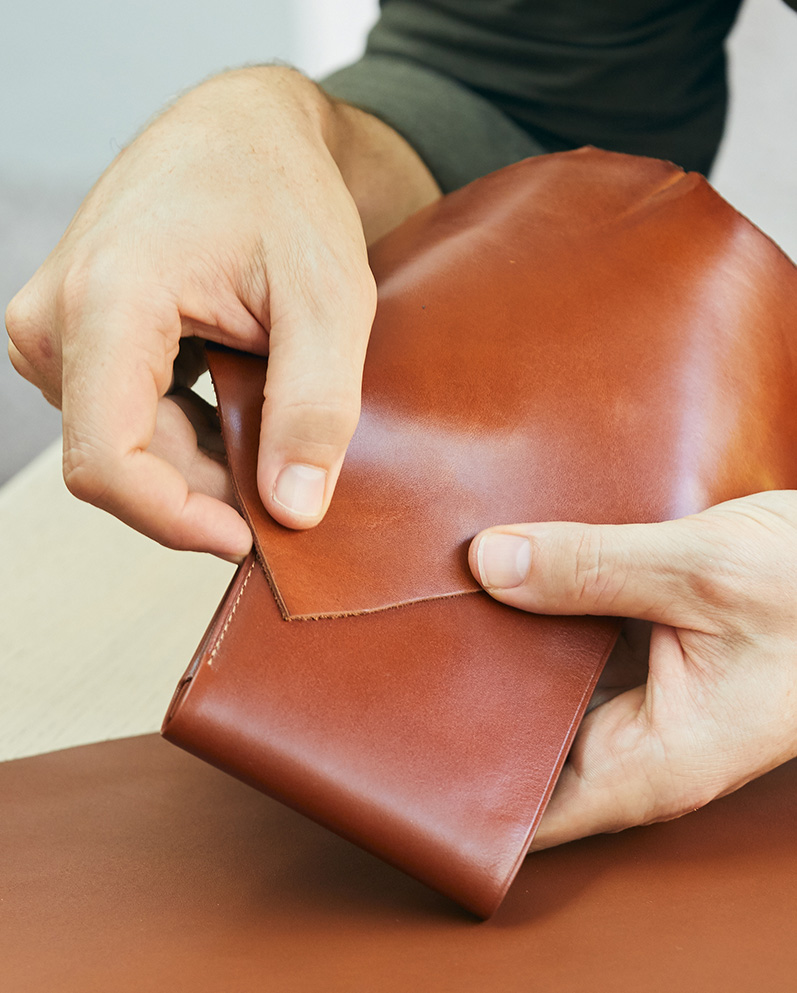
Leathers are not created equal. We've invested time, money and plenty of hours into sourcing the best leathers we can, and here's some of what we know about them.